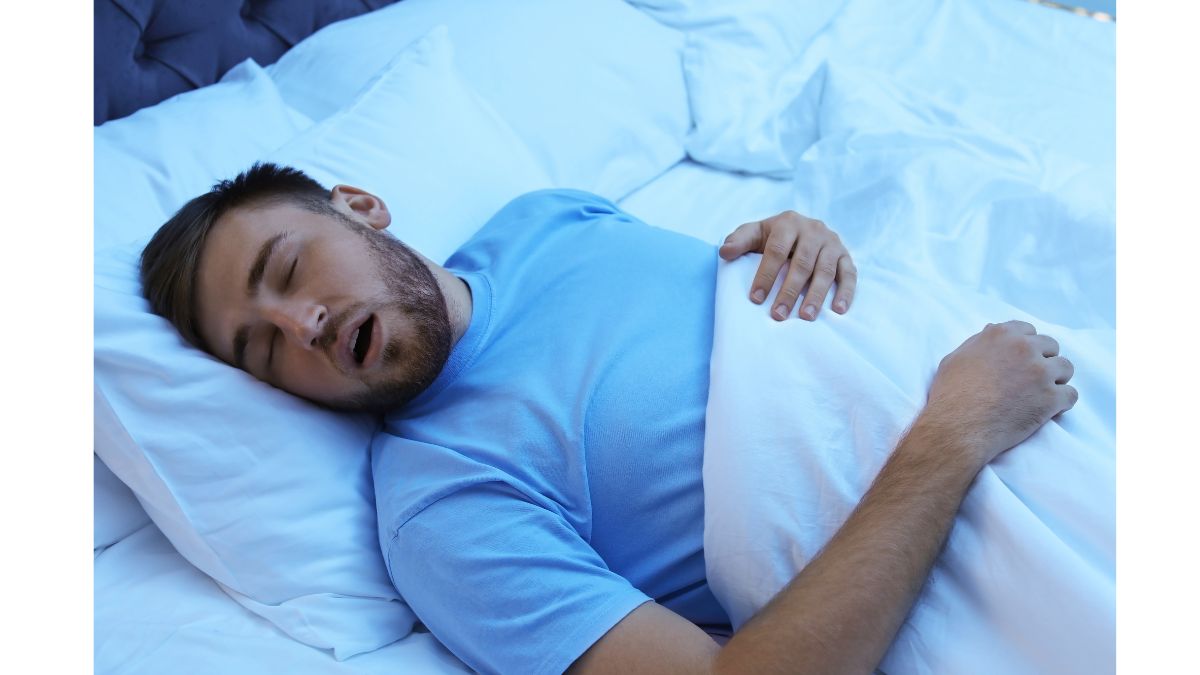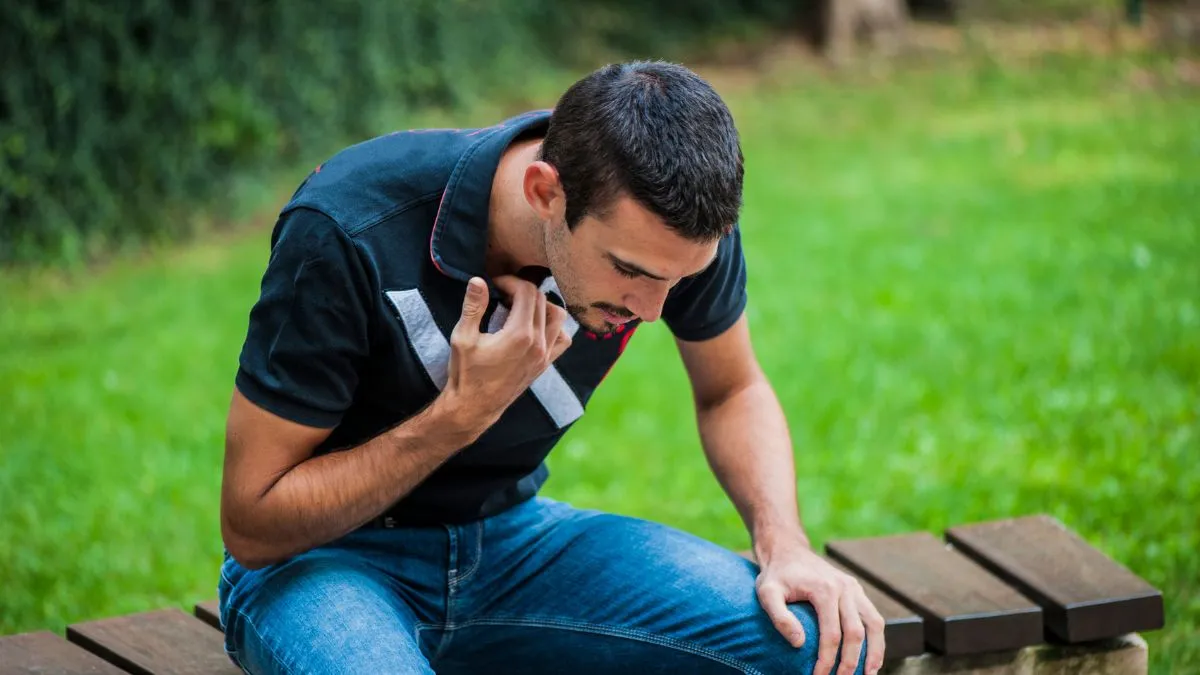- By Prerna Targhotra
- Sat, 26 Oct 2024 05:07 PM (IST)
- Source:JND
Stroke is a medical emergency, one of the leading causes of death in the country, and leads to life-long disability. Stroke remains an important public health challenge and is linked to various factors such as hypertension, high blood sugar levels, stress, sedentary lifestyle and even sleep apnea. Furthermore, stroke is one of the dangerous complications of untreated sleep apnea. It is essential to manage sleep apnea by maintaining an optimum weight, avoiding smoking and alcohol, exercising daily, and using a Continuous positive airway pressure (CPAP) machine to keep your upper airway to reduce the risk of a stroke.
In a conversation with Jagran English, Dr Girish Soni, Neurologist, Lilavati Hospital Mumbai explained how sleep apnea can raise the risk of stroke in individuals.
How Sleep Apnea Cause Stroke?
According to Dr Soni, a stroke happens when the blood flow to your brain is disrupted. There are two types of stroke. One is ischemic stroke which happens due to the blockage that prevents blood flow to your brain due to the blood clots or plaque build-up in your blood vessels. The other type is a hemorrhagic stroke wherein the blood leaks in the brain and the blood vessel can burst causing even death.
Stroke can impact one’s quality of life and is linked to higher morbidity and mortality rates in the country. BEFAST (Balance, Eyes, Face Drooping, Arm Weakness, Speech Difficulty, and Time to Call Emergency Services) is the acronym for a stroke. Hence, one patient should seek timely intervention during the golden hour which is the first 3-4 Hours for favourable outcomes. Currently, sleep apnea is also a reason behind the occurrence of a stroke.
“Sleep apnea is a sleep disorder that impacts and stops one's breathing during sleep. Having sleep apnea can increase one’s chances of having a stroke, and having had a stroke might make a person more likely to develop sleep apnea. The most common form of sleep apnea that is obstructive sleep apnea (OSA) is known to cause an ischemic stroke, as the blood vessel delivering blood to the brain gets blocked due to reduced blood flow. OSA happens when the upper airway collapses while a person is asleep and may gasp to breathe.”

Sleep Apnea And Stroke (Image Credits: Canva)
“One with OSA will also have symptoms such as sleepiness, snoring, morning headaches, and mood swings. Obese people may also have the risk of sleep apnea which in turn can make them prone to a stroke. In a month, around 3-4 out of 10 patients come with symptoms such as snoring, gasping for breath, weight gain, and fatigue due to sleep apnea. There is over 40% surge in the cases of sleep apnea. 20% Of people with sleep apnea will have the risk of stroke. It is the need of the hour for those with sleep apnea to ensure they manage this sleep disorder under the guidance of an expert.”
To manage sleep apnea and prevent a stroke, people are advised to exercise daily, maintain a healthy weight, follow healthy sleeping habits, quit smoking, alcohol and caffeine, and opt for a Continuous positive airway pressure (CPAP) machine to be able to breathe freely, keep the upper airway open. Those with OSA will have to stay vigilant when it comes to their health to avoid consequences such as strokes.
ALSO READ: How Omega-6 Fatty Acids Help In Preventing Stroke? Doctor Explains
ALSO READ: Doctor Explains Symptoms Of Silent Brain Stroke That Can Be Fatal For Health

